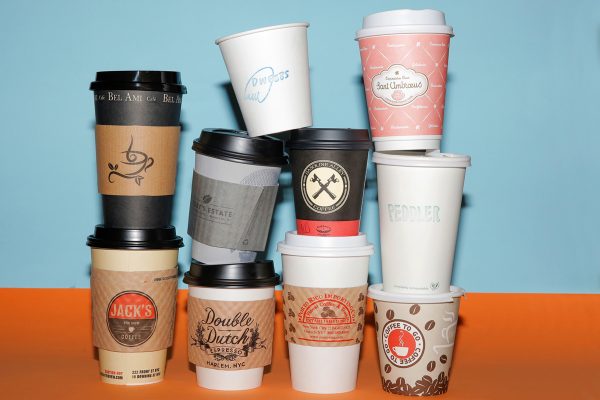With less than a week until Christmas, you’re gallivanting around buying those last-minute gifts, prepping your Christmas cake ingredients, and tidying the house for your mother-in-law’s visit (don’t forget the window sills!).
If you’re a greenie, like me, you may have prepared for the holiday by reading guides on how to buy and wrap your presents in an eco-friendly way, and perhaps you’ve gone out of your way to shop ethically this year.
But what about the actual day?
How can I make this Christmas one to remember whilst reducing my impact on the planet?

Presents
I’ve spent my last few Christmases in the middle of the wrapping paper rubbish pile, flattening and sorting any bits and pieces of wrapping materials I can salvage. Saving your wrapping paper is not only good for the planet, but since I started scavenging the rubbish pile, I have never had to buy wrapping paper… my bank account wins too! If you do this not only at Christmas but birthdays too, you’ll always have a stash in the craft cupboard. I have one box each for ribbons, paper, bubble wrap, and cards. That’s right, I also take the fronts of my cards off and use them again or stick the front design to a new card I make myself. Some people think I’m crazy, but to me it just makes sense.
Travel
Christmas day traffic is a thing. It’s unusual not to pop around town on Christmas day, visiting different family members and friends, especially when you have a partner. To reduce your carbon emissions and eliminate stress in the process, plan your Christmas day travels carefully. Consider the peak times of traffic, e.g. the morning, or just before Christmas lunch, and try your best to avoid these so you aren’t burning gas (and sanity!) in traffic. Plan your route so you don’t double back on yourself, and consider carpooling when possible.
Food
Christmas day revolves around food. You’re unlikely to get through the day without feeling like a stuffed olive or hearing someone, or yourself, say, “Oh no I ate far too much”. Meanwhile, other people in the world don’t have as much food as you have that one day in their whole week. I’m not saying don’t enjoy the food, it would be a waste not to! Be mindful of your food consumption. Put small amounts on your plate so you can go back for more rather than scrapping scraps into a bin. What about bringing beeswax wraps and containers with you too so when your mum asks if you want left overs, you are already prepared.
On top of this, strive to reduce your meat intake. 50% of Australian greenhouse gases (GHG) come from livestock agriculture, and ¼ of the world’s global GHG come from livestock agriculture too. Making a conscious effort to even just halve your usual meat consumption on Christmas Day, certainly makes a difference and instigates mindfulness amongst your family too. Better yet, if you’re asked to contribute a plate of food, make your dish low in meat, and with as many zero-waste ingredients as possible.
Outfit
Rock your ethical style on Christmas Day. Choose something you already own and jazz it up with Christmas themed jewellery or ribbons. If you really can’t find anything to wear, use the Good on You app to direct your purchasing decisions, or pop to our eco directory to find some of our favourite ethical brands.
Christmas day is going to be great, and you know it. Don’t ruin your day by feeling guilty about waste or spending hours picking off the cello tape from your salvaged wrapping paper. Chill out, have fun, but consider these tips before the 25th so you are prepped and ready to make your day great for you AND the planet.
- Open presents carefully to save the wrapping paper ~ reduce landfill and tree farming
- Serve yourself small meal sizes ~ reduce food waste
- Don’t eat so much meat ~ reduce greenhouse gases
- Refuse wrapped sweets ~ reduce plastic going to landfill
- Plan your journey carefully ~ reduce carbon emissions
- Wear an ethically made outfit ~ support fair-trade brands and artisans
- Cook a zero-waste food contribution ~ reduce landfill
- Bring beeswax wraps and containers with you to take food away ~ reduce food waste and plastic use

